(Ahmad Ali)
Whenever the chips are down, Modi’s government has proven time and again that it knows how to exploit tragedy for political gain. The recent attack on tourists in Pahalgam, Kashmir, on April 22, 2025, is a prime example of how Narendra Modi’s Bharatiya Janata Party (BJP) manipulates such incidents to stoke nationalistic sentiment, distract from domestic issues, and rally electoral support. This attack, like many before it, has followed a disturbingly familiar playbook where violence is weaponized, and truth is sacrificed in favor of a more convenient narrative: one that blames Pakistan, amplifies fear, and consolidates political power.
The response to the Pahalgam attack was swift and characteristic. Within hours, Indian social media accounts aligned with the intelligence apparatus had already begun pointing fingers at Pakistan, accusing it of orchestrating the violence. The Indian media, once a vital check on government power, has now become a mouthpiece for state propaganda. This was not an instinct born of genuine concern for the victims; it was a reflex honed over years of political maneuvering. The timing of the attack also raised suspicions. It coincided with significant diplomatic visits, including the presence of the U.S. Vice President in India and Modi’s return from negotiations in Saudi Arabia, making the incident seem less like a random act of violence and more like a calculated move in a broader geopolitical strategy.
This pattern of finger-pointing and manipulation is nothing new for Modi’s government. It mirrors a long history of false flag operations and baseless accusations that have been used as tools to fuel nationalist fervor and secure electoral victories. One of the most glaring examples of this was the 2007 Samjhauta Express bombing, which killed 68 people. Initial reports quickly blamed Pakistan, but subsequent investigations revealed that the attack was actually orchestrated by members of a Hindu extremist group. The narrative, however, had already done its damage. Similarly, the 2008 Mumbai attacks, which killed hundreds of people, were immediately blamed on Pakistan, and the attack galvanized public opinion, leading to a stronger anti-Pakistan sentiment that the BJP could exploit. Yet, even years later, former CBI officer Satish Verma suggested that the attack had been orchestrated to push for the implementation of more draconian counterterrorism laws and to manipulate public opinion in favor of the government.
Another notable case was the 2019 Pulwama attack, where 40 CRPF personnel were killed. Once again, India wasted no time in pointing the finger at Pakistan, with the media and politicians joining in a chorus of accusations. However, revelations later emerged, including statements from Satya Pal Malik, the then-Governor of Jammu and Kashmir, which suggested that the Indian government had failed to heed intelligence warnings and that security lapses had contributed to the tragedy. But by the time these facts came to light, the political advantage had already been seized. The BJP had used the attack to rally the nation around the idea of external aggression, just months before a general election.
The Pahalgam attack, like these previous incidents, reveals a disturbing truth about the current political strategy employed by Modi’s government. It is a strategy that uses violence as a tool to galvanize public opinion, distract from internal crises, and most importantly, to win elections. The media’s complicity in this strategy is a major factor in its success. Instead of providing balanced, investigative reporting, Indian news outlets have increasingly become vehicles for government propaganda, often pushing false narratives without question. In this environment, facts are secondary to the emotions of fear and anger that are so easily manipulated.
The BJP’s use of violence for electoral gain is not just cynical; it is profoundly dangerous. By framing every incident of violence as an external attack, India’s leadership fosters an environment where nationalistic fervor trumps reason and empathy. This strategy, while effective in the short term, only deepens the divides within Indian society and exacerbates tensions in the region. The fact that Modi’s government has been able to exploit such incidents repeatedly speaks to a deep-seated disregard for truth and the sanctity of life. For Modi, the ends justify the means—even if it means manipulating the suffering of the people for political advantage.
This political playbook is not just a domestic issue for India. It has far-reaching implications for regional stability. The repeated accusations against Pakistan, often without evidence, fuel distrust and hostility between the two nuclear-armed neighbors. The cycle of blame, fear, and retaliation only makes peace in the region more elusive. As India continues to use violence as a means to consolidate power, it risks pushing the region to the brink of conflict.
The world’s failure to hold India accountable for its actions is a moral failing of the highest order. In an age where satellite technology and international monitoring systems can expose the truth, the unwillingness to investigate India’s false flag operations and human rights abuses speaks to a broader indifference to justice. Trade relationships, defense contracts, and strategic partnerships have all been prioritized over the lives of ordinary Kashmiris, whose suffering remains largely invisible to the international community.
Modi’s government, by continuing to manipulate violence for political gain, risks perpetuating a cycle of instability and violence that will only deepen the wounds of Kashmir. The international community must stop ignoring the patterns of deceit and manipulation that have defined Indian politics under Modi. Until there is accountability, and until the truth is allowed to emerge from the smoke of propaganda, the bloodshed will continue to be traded for votes, and peace will remain a distant dream.
Ahmad Ali is a research fellow at Epis Think-tank Germany and an intern at Kashmir institute of International relations. His fields of studies include Foreign Policy, Peacebuilding and Conflict Resolution. He can be reached at Ali7664556@gmail.com

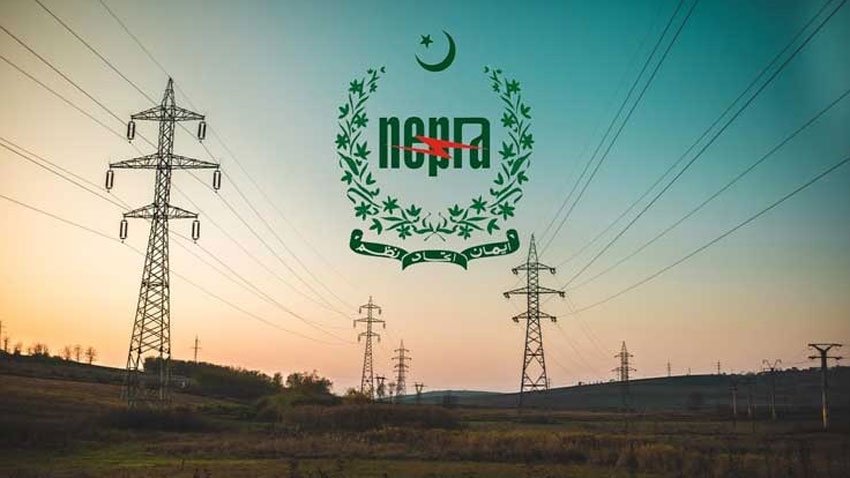
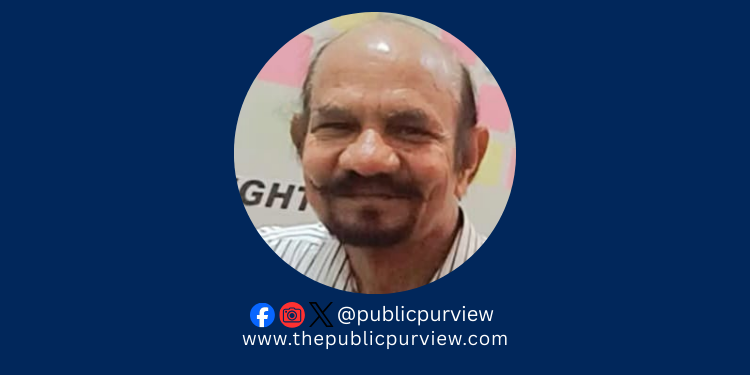
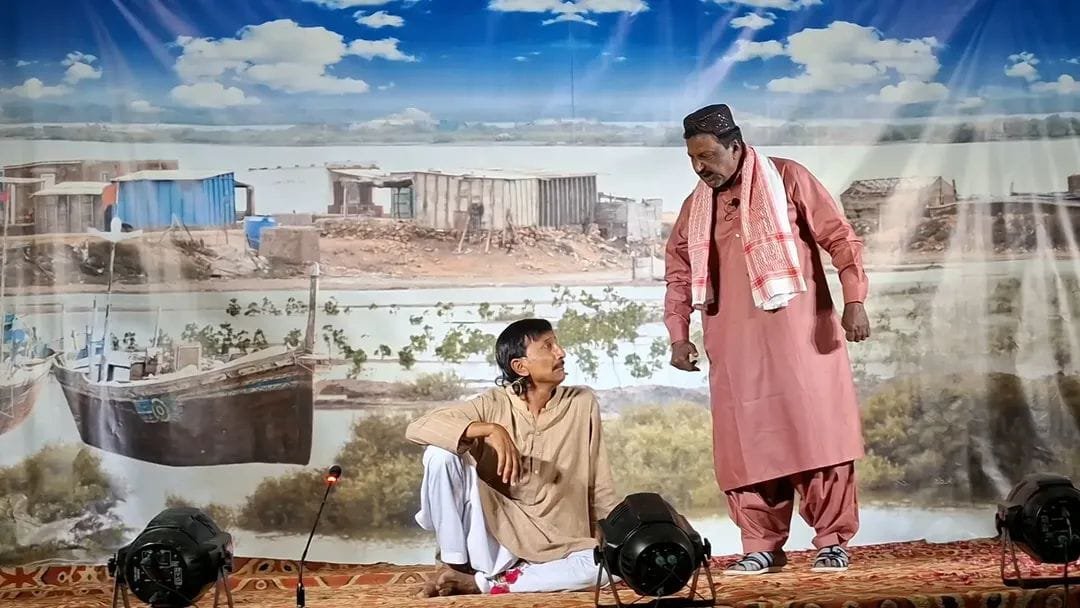
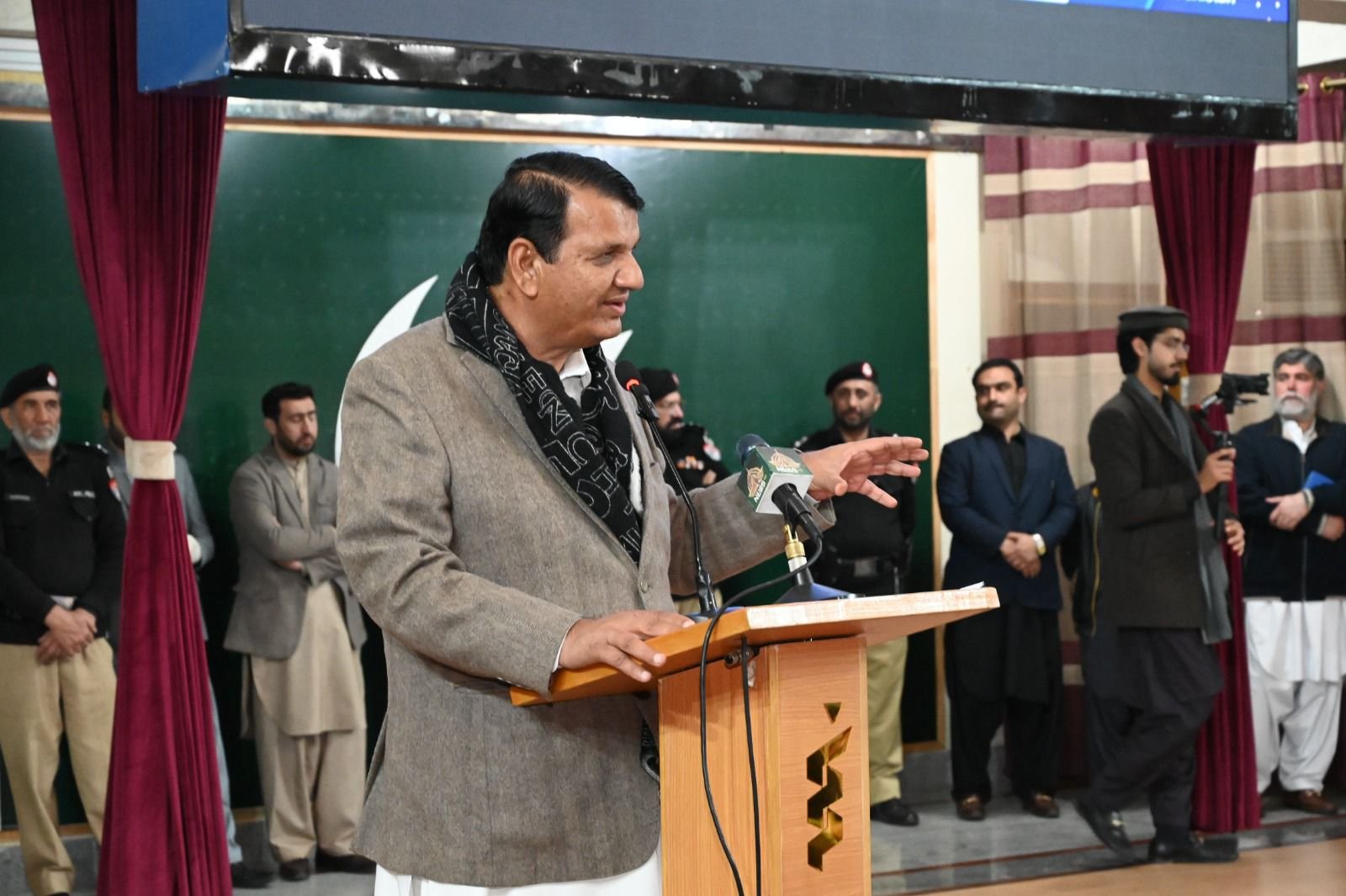
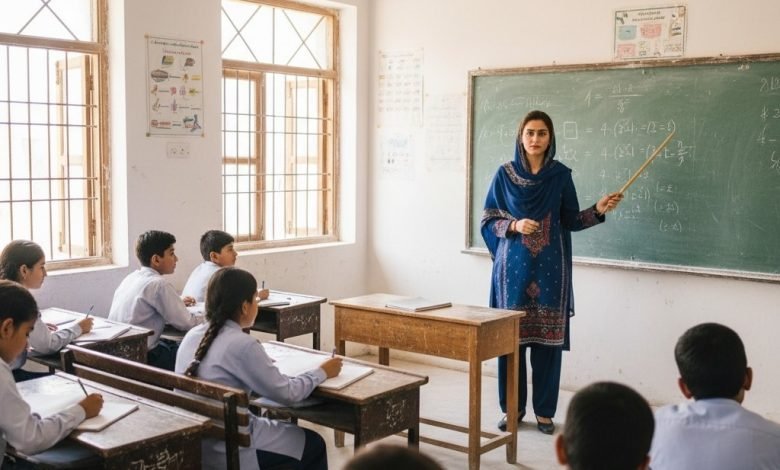
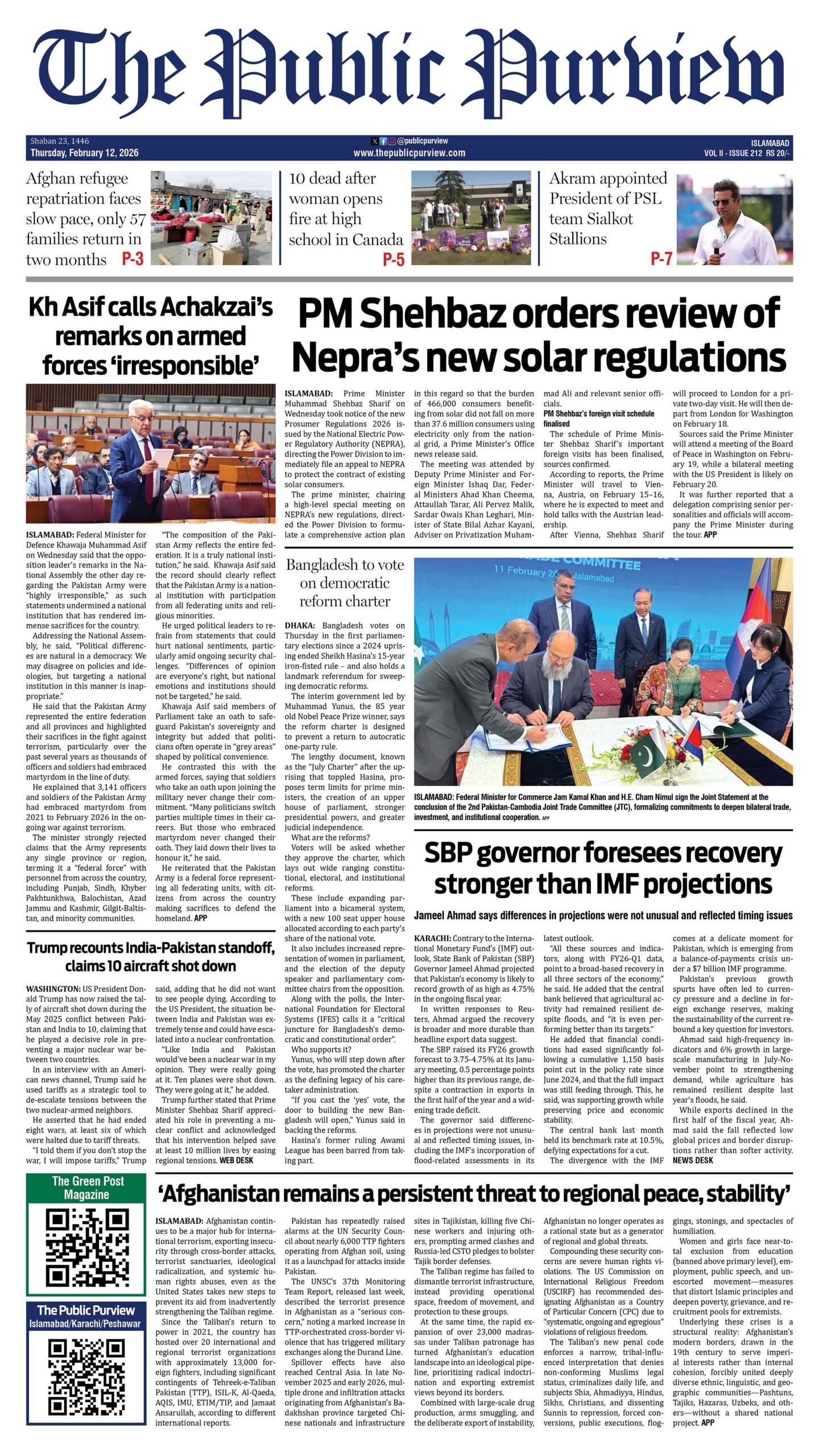 Today's E-Paper
Today's E-Paper